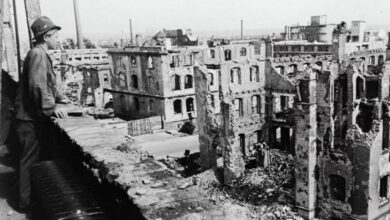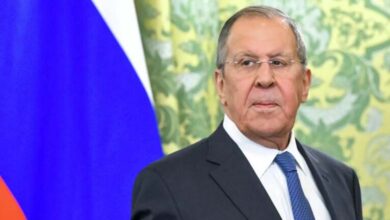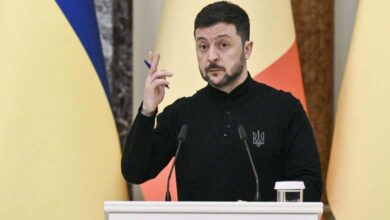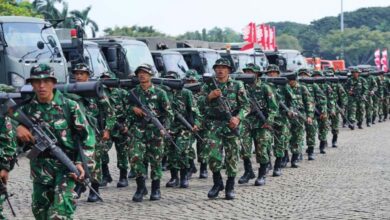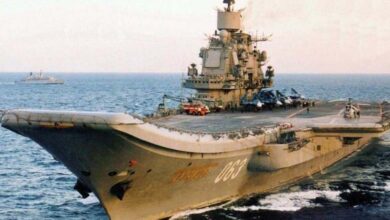The Collapse of the “War Alliance”: Ukraine Pushes Poland into a Historical and Political Rift
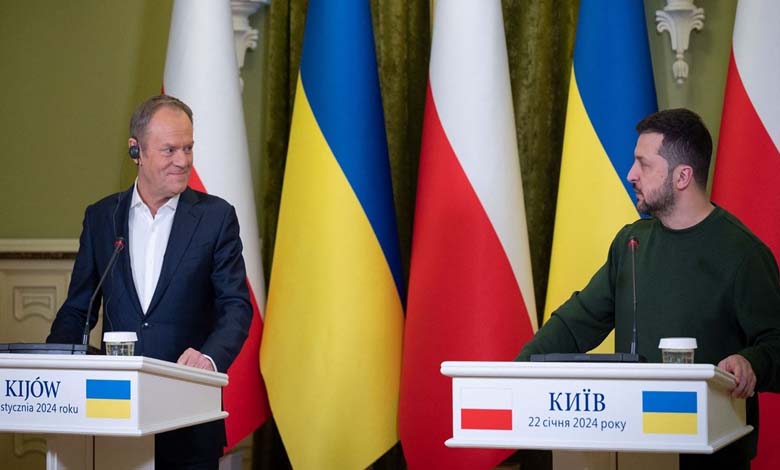
An alliance that has held strong since the beginning of the war now seems to be crumbling. A small snowball—farmers’ anger—is growing in size and uncovering deep-seated historical complexities.
Poland has long been regarded as Ukraine’s strongest ally in its war against Russia since the launch of Russia’s military operation in February 2022. However, tensions at the border between the two countries are now putting this alliance to the test. What is happening?
-
“Strategic ‘Toretsk’ in Russian Hands… Ukraine Faces Supply Line Crisis”
-
The Dilemma of Ukraine’s “New Brigades”: A Strategy Caught in the Web of Failure
Legally, ambulances should be allowed to cross into Ukraine without hindrance. However, Polish farmers, who have taken up positions at the border crossings, enforce their own rules and order drivers to stop.
They then open the doors, inspect the vehicles, and search for smuggled goods, suspecting unregistered cargo. When they find nothing, they wave the vehicles through.
These farmers have taken it upon themselves to inspect vehicles at the four-lane border crossing in Medyka, Poland.
-
Ukraine’s Bell Rings across Europe: Cooperation to Build a Defense Industrial Base
-
Second batch of F-16s to Ukraine… “The Allies’ Antidote” to Fortify the Sky
Dozens of them, wearing high-visibility vests and waving Polish flags, endure strong winds, frost, and snowfall.
It may seem like a solitary sit-in on a bleak winter day, but these border protests have generated significant political momentum in a country once considered Ukraine’s staunchest ally against their common adversary: Russia.
Shifting Sentiment
After three years of war, public sentiment has grown volatile due to economic sacrifices, and sympathy for the farmers plays a key role in this shift, according to Politico.
-
“Gripen”… Swedish Fighter Jet Faces its ‘Toughest Test’ in Ukraine
-
Russian Women Sending Their Husbands to Fight in Ukraine: What’s the Secret?
Jan Wardoga, a farmer from the Polish region of Orawicza, laments: “The story we were sold was that we had to help Ukraine, that we had to take in their grain so they could fund the war… That was a lie.”
He continues: “This fight is not for poor Ukrainians; it is for big corporations and Western capital.”
Near Medyka and beyond, Polish farmers have blocked border crossings and held loud protests over the past two years. They describe their struggle as a fight not only to defend their livelihoods but also to safeguard Poland’s sovereignty and national interests.
-
Russia Accuses Ukraine of Arming Hayat Tahrir al-Sham
-
Zelensky: The War in Ukraine Will End on This Date
A Historical Fault Line
These protests have reignited deep historical rifts in Polish society, amplified by right-wing groups and fueling a strong political narrative.
During World War II, Ukrainian nationalists massacred tens of thousands of Polish civilians in Volhynia—now western Ukraine—atrocities widely known in Poland as the Volhynia Massacres.
These grievances are now shaping Poland’s presidential election campaign, with politicians of all stripes using the tragedy of Volhynia to question Ukraine’s moral standing or to demand concessions from Kyiv.





